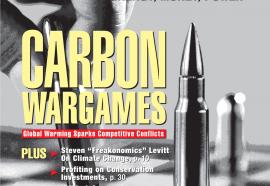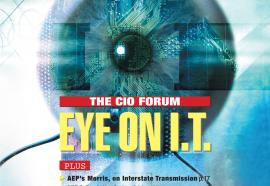Letters to the Editor (July 2012)
(July 2012) Thanks for your enlightening editorial about the problems of feed-in tariffs for photovoltaic installations and the distortions they are causing in cost responsibilities among electric utility customers. While these issues are an immediate and growing concern, an entirely different set of problems will emerge over the next decade as the share of renewables in total generation approaches the high levels being dictated by most regulatory authorities.








